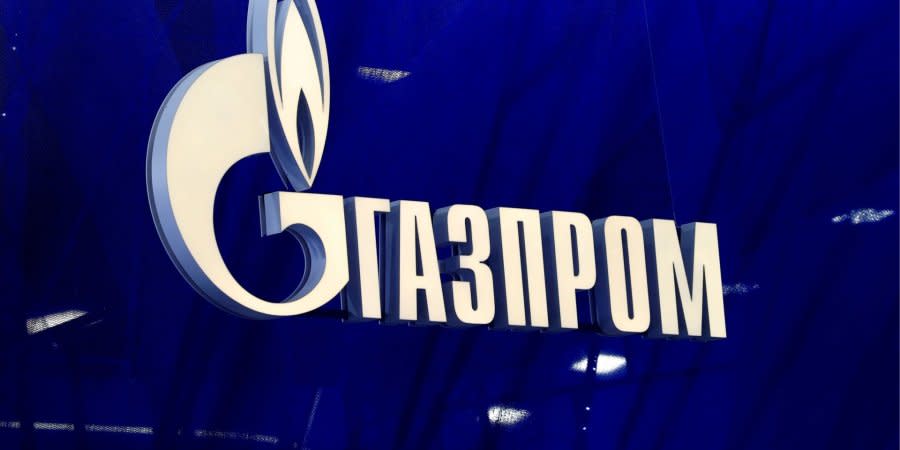Gazprom concocts new excuses to continue shutdown of Nord Stream-1

Read also: Russia’s Gazprom production and export figures down sharply since year-start
Gazprom claims that on Sept. 2, Russia's energy supervisory body Rostekhnadzor issued a warning to the company regarding the inadmissibility of violating mandatory safety requirements, and instructed Gazprom to take the appropriate measures of suspending the operation of gas compression unit Trent 60 (GCU No. 24) of compressor station Portovaya, due to the detection of a lubricant leak.
Read also: Shutting winter gas supply to Europe would spell Gazprom’s end, former Naftogaz chair says
"Further operation of this gas compression unit without eliminating the identified defects creates a risk of fire or explosion, that is, it affects the industrial safety of the entire station," Gazprom said.
However, during routine work on that same unit in July 2022, the indicated lubricant leak was not detected, which is confirmed by signed statements by Siemens representatives who performed service work at the facility.
Gazprom notes that "the working surfaces in the axial compressor of the gas turbine engine in the places where the cable connections pass can reach a temperature of more than 300 degrees Celsius, while the ignition temperature of the oil is about 288 degrees."
"Similar leakage was recorded earlier, in particular, on GCU No. 14 (engine No. 120), progressed and had a wider nature,” Gazprom alleges.
“The presence of the indicated defect on several units points to its systemic nature.
Read also: Russian gas company Gazprom burning off gas intended for sale to Europe
According to the decision of Rostekhnadzor dated July 13 on the temporary ban on the operation of engine No. 120, GCU No. 14 was taken offline and placed in the state of ‘forced downtime’.”
Germany firm Siemens Energy, responsible for the engineering of the Nord Stream-1 pipeline, have pushed back against these claims, saying that the oil leaks are not so dangerous as to warrant a complete shutdown of the pipeline. Gazprom continues to insist that the "elimination of the causes of oil leakage can be done only in the conditions of a specialized repair company,” which, according to Gazprom, Siemens cannot perform without violating sanctions.
In December 2021, a Siemens engine used at the compressor station underwent a regular overhaul at a Montreal repair facility, and was due to return to the station in May. The engine was delayed in Canada due to sanctions against Gazprom.
At the request of Germany, Canada issued permits for the export of this turbine from its territory, but Russia claims this doesn’t comply with the contract terms between Gazprom and Siemens. The export permit was issued to Siemens Energy Canada Limited, with whichGazprom has no contractual relations, and the engine was sent from Canada not to Russia, but to Germany.
If it is delivered to Russia after Germany, it may be interpreted as a violation of Canadian sanctions. Once in Europe, the engine fell under EU sanctions — EU regulation 833/2014 prohibits the supply of gas turbine engines to Russia. However, Germany authorities have said there is no impediment to the delivery of the turbine to Russia.
On Sept. 5, Russian dictator Vladimir Putin's press secretary, Dmitry Peskov, said that the Nord Stream gas supply will not be restored until the West lifts sanctions against Russia and Gazprom.
Read the original article on The New Voice of Ukraine

 generic
generic 